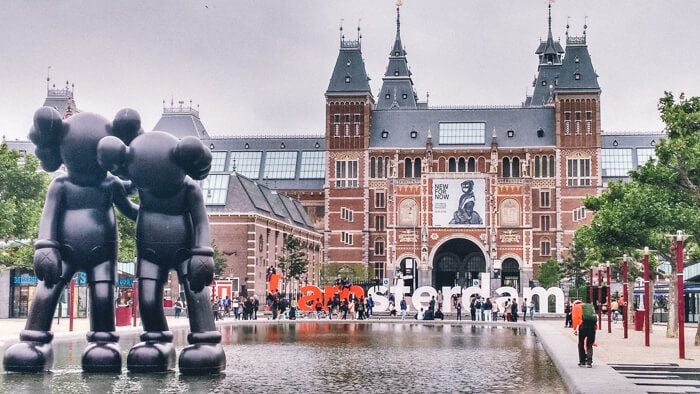Are you planning to move to Europe? The Netherlands is one of the most expat-friendly countries on the continent. It may also be one of the few expat utopias in the world with an internationally diverse population. While the Netherlands is great, it is not always the cheapest place to reside. Here are some life hacks to help you get started.
Immigration
Getting there is the first thing you will need to worry about when you decide to live in the Netherlands. Immigration will also be the first and biggest hurdle you will have to handle. You will need a visa unless you are moving from a European Union (EU) country or Switzerland.
Acquiring a Dutch Visa
The most straightforward way to move to the Netherlands is to find a job and apply for a Dutch work visa. Acquiring work in the country might be hard for expats but is not impossible.
Amsterdam is the most accessible city for expats to find employment. It has an abundance of international businesses and companies that are always in the market for hiring foreigners.
The most in-demand jobs in the Netherlands as of 2022 are:
- Electrical Engineering
- Medical Health Care
- IT and Data
- Finance
- Hospitality
- Communicators
- Manufacturers
Moving Arrangements
You can move to the Netherlands once your Dutch visa and residence permit applications get approved. Before relocating, you might want to sell all your non-essentials and bulky items back home.
When moving to another country, starting with a clean slate is always better.
Upon arrival in the Netherlands, registering your residence at the Gemeente is required. The Gemeente is the town hall of the Dutch municipality where you plan to reside.
Housing
Rent is going to be the most significant part of your cost of living expenses. The Netherlands ranks 7th among the best countries to live in. But of the 197 countries, it also ranks 20th by its cost of living. So you might want to avoid moving to big cities like Amsterdam.
Amsterdam might be the most accessible place to apply for jobs, but it does not mean you should live there. It is a popular tourist spot with the country’s highest population density and cost of living. Settling outside this big city will fetch you better rent prices.
Transportation
After securing a job and residence, you will need a mode of transportation. Using public transport or getting a bicycle is wise to save money in your first year. Eventually, once you settle in and have money saved, you will want to buy a car.
Before buying a car, you will typically consider the most economical and fuel-efficient models. Apart from that, you will also need to look into car insurance options. Dutch law requires that drivers take out third-party car insurance at a minimum. This law ensures coverage for drivers against injury to others and damage from their vehicles.
Lucky for you, since January 2022, insurers now have the option of accepting written statements from foreign insurers. That means they use the written reports to make deductions based on your claim-free years in another country. However, that does not apply to all countries, and it is unclear which companies offer this option.
Types of Car Insurance in the Netherlands:
Third-Party – This is mandatory by Dutch law and ensures an individual’s car is at minimum third-party liability. That means you have coverage for any damage caused to others by your car. However, your vehicle receives no reimbursement.
Extended liability – Some damages to your car have coverage for things like fire damage, window damage, and theft. Damage caused by the owner, however, does not receive coverage.
All-risk – This type of insurance provides coverage for almost all categories of car damage.
Expect to compare insurance quotes, and a lot follow ups to the insurer when submitting the statement of claim-free years. The underwriters will assess this and determine your qualification for a discount.
Mobile Services
It would be best to stay connected unless you plan to go off the grid. Whether a student or an expat, getting a sim-only deal is always the most economical and hassle-free choice.
Monthly sim-card plans mean you will have a Dutch phone number and access to internet data in the Netherlands. This will also be useful when you sign up for other services like energy suppliers and banking. If you need to move again, you will not be tied down by having to pay for a data-locked phone.
The Netherlands is a beautiful country and one of the best places to live in for a good reason. It is clean, friendly, and internationally diverse. Some expats even consider it the ideal forever home despite its above-average cost of living. However, it’s best if you only live within your means to appreciate the actual value of living in the country.

